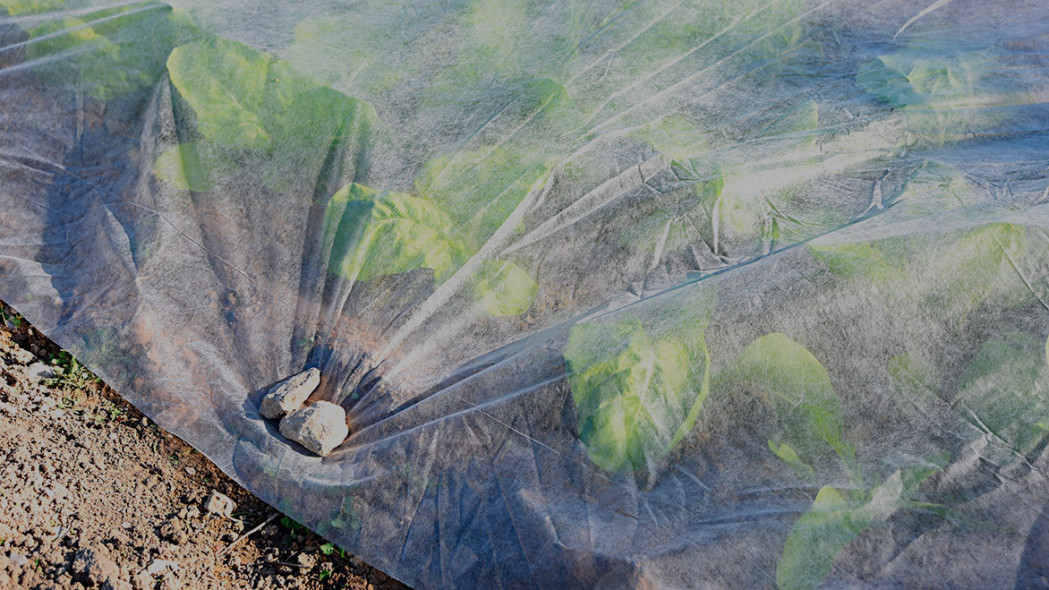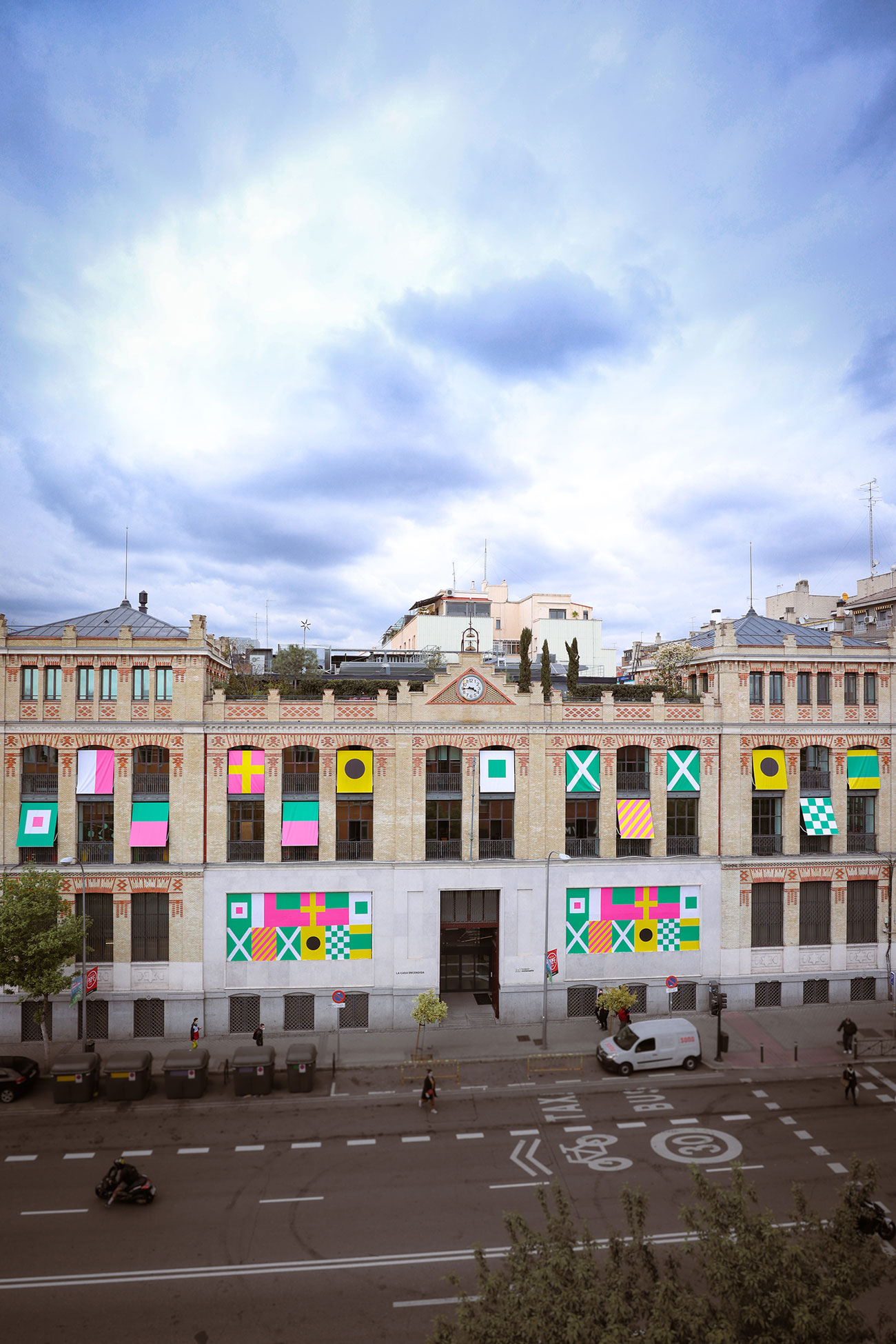Agroecology, food sovereignty, urban agriculture & development cooperation

A look at the theoretical framework of agroecological approaches, giving a broad overview of agroecology from different perspectives, with an emphasis on today's social and environmental reality.
Since the birth of agroecology, its proponents have acknowledged the need for a multifaceted approach and a holistic vision, integrating the ideas and methods of various disciplines. In other words, the analytical research methods applied in the sciences—agronomy is a case in point—are overly reductionist, as they tend to discount the interactions that occur between the different parts of the object under study.
According to Susanna Hecht, the agroecological approach to agriculture is more attuned to the environment and more sensitive to social issues, focusing not only on crop production but also on the environmental sustainability of production systems. Agroecology builds on classical agronomy by adding three key elements: ecological focus and concern for the environment and for society.
Programme
- Agroecology: A Viable, Caring, Ethical Strategy
- Scientific Basis of the Agroecological Approach
- La Via Campesina Movement: Proposals and Policies
- The Ecological Agriculture Movement around the World: Strategies for the Future
- Social Movements for Health and Food Quality
- Food Safety and Quality
- Political Ecology: Ideas for a Time of Crisis
- Agroecology and Food Markets: Km0 and Local Markets
- Past and Present Debates on Development
- Participatory Action Research as a Rural Development Strategy
- Popular Education According to Paulo Freire
- Popular Education: The Tools for Stimulating Social Action
Session leaders
Jorge Riechmann (University of Barcelona); José L. Porcuna (Initiative for the Americas Fund/FIAES); María del Carmen Jaizme (Canary Institute of Agrarian Research); Íñigo Bandres (Alternative Economy Network/REAS); José Moratal (Department of Agriculture, Regional Government of Valencia); Eva Torremocha (International Foundation for Organic Agriculture/IFOAM); Jorge Hernández (Slow Food); Cristina Alonso (Spanish Agency for Consumer Affairs and Food Safety);Teresa Briz (Polytechnic University of Madrid/UPM); Antonio Garcia Allut (Fundación Lonxanet for Sustainable Fishing); Manuel González de Molina (Pablo de Olavide University); and Luis Guridi Aldanondo (HEGOA, Institute for International Development and Cooperation Studies).
